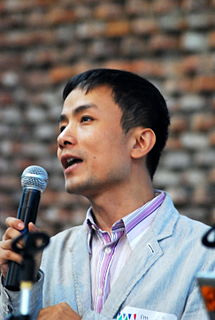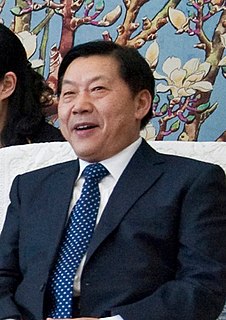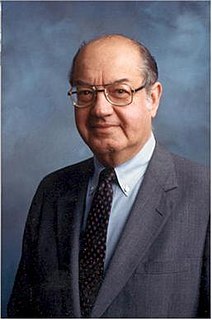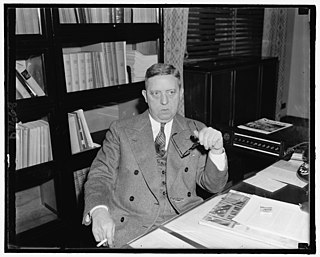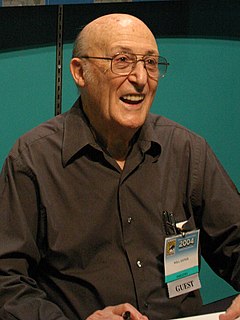A Quote by Richard King
Censorship of ideas or images or words is wrong.
Quote Topics
Related Quotes
I'm proposing to you that photography is a language on its own, which is that when you look at images you do derive ideas; and I'm also proposing to you that you can derive ideas without going through words. So I'm forcing you to really look. And this process of looking, it's like a new set of ideas that are being proposed to you.
We do not see the danger clearly enough that we develop images adequate to our state of civilization. When you watch TV, you know instantly that there's something wrong with the images. When you open a magazine and see the ads, you know there's something wrong with the images. And it's unhealthy and not good and outright dangerous, in my opinion.
The chief problem with television is that, for those who watch it consistently, it undermines and eventually destroys the ability to think. This is because it communicates primarily images, not by words, and words are necessary if we are to perceive logical connections and make judgments as to what is right and wrong.
The greatest damage done by advertising is precisely that it incessantly demonstrates the prostitution of men and women who lend their intellects, their voices, their artistic skills to purposes in which they themselves do not believe, and that it teaches [in the words of Leo Marx] 'the essential meaninglessness of all creations of the mind: words, images, and ideas.'
Comics deal with two fundamental communicating devices: words and images. Admittedly this is an arbitrary separation. But, since in the modern world of communication they are treated as independent disciplines, it seems valid. Actually, the are derivatives of a single origin and in the skillful employment of words and images lies the expressive potential of the medium.

